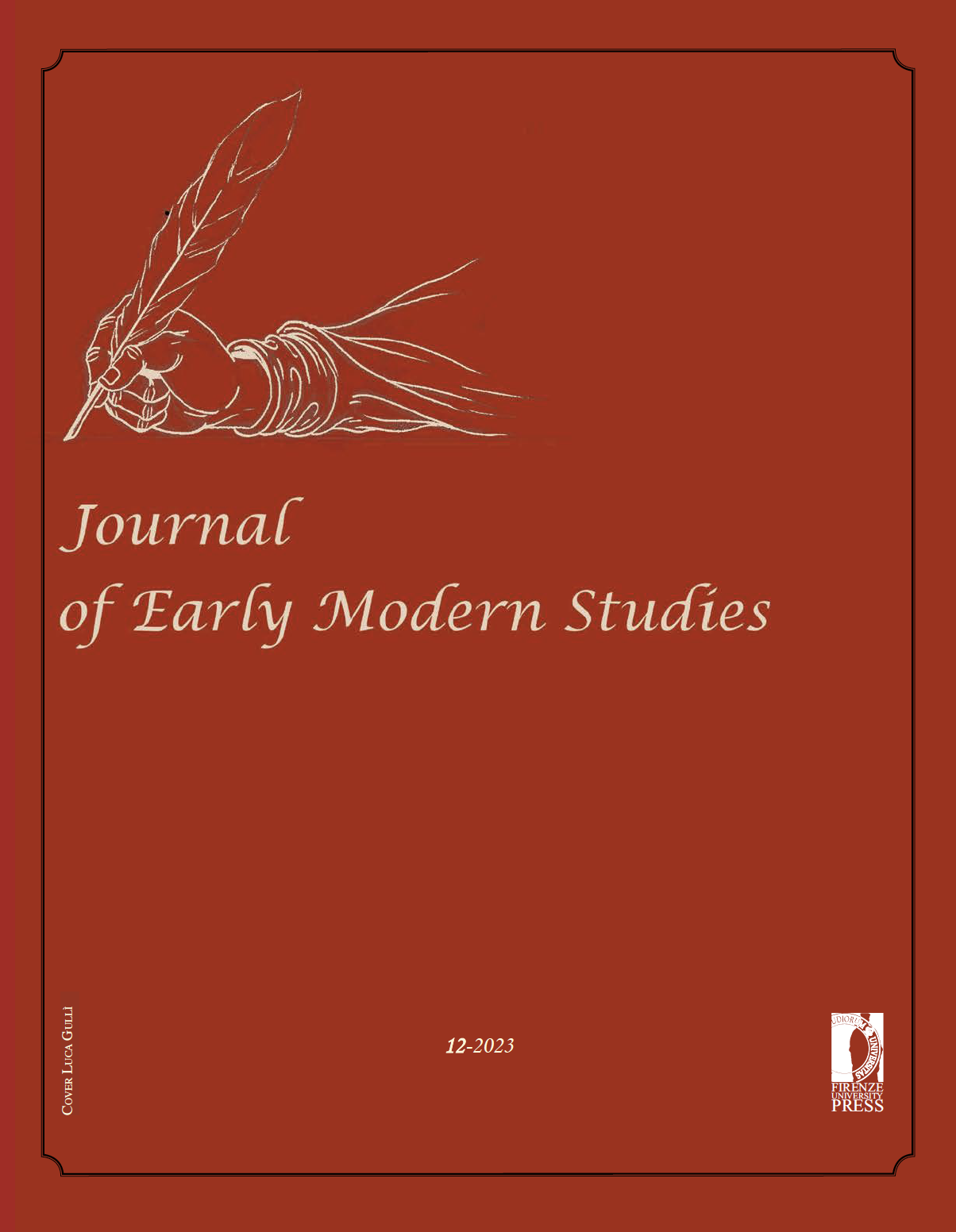Describing Otherness in Captives’ Autobiographies in the Late Sixteenth and Early Seventeenth Centuries
Published 2024-07-31
Keywords
- Captivity,
- Egodocument,
- Mediterranean,
- Otherness,
- Slavery
How to Cite
Copyright (c) 2024 Teresa Peláez Domínguez

This work is licensed under a Creative Commons Attribution 4.0 International License.
Abstract
The essay explores the description of Otherness in the autobiographies of three former Christian captives from the late sixteenth and early seventeenth centuries. In these texts, authors described their experiences in the Islamic societies where they were enslaved, offering insights into Islamic geography and culture. However, these descriptions were also influenced by prevailing ideas and the authors’ need to align their narratives with the hegemonic discourse, thereby perpetuating and crafting biased depictions of the Other. Understanding the motivations that guided the construction of memory in these autobiographies is crucial for a comprehensive grasp of their objectives. These objectives are closely intertwined with the authors’ experiences in Islamic societies and their aspirations for reintegration into Christian ones, where they produced their writings after escaping captivity.

